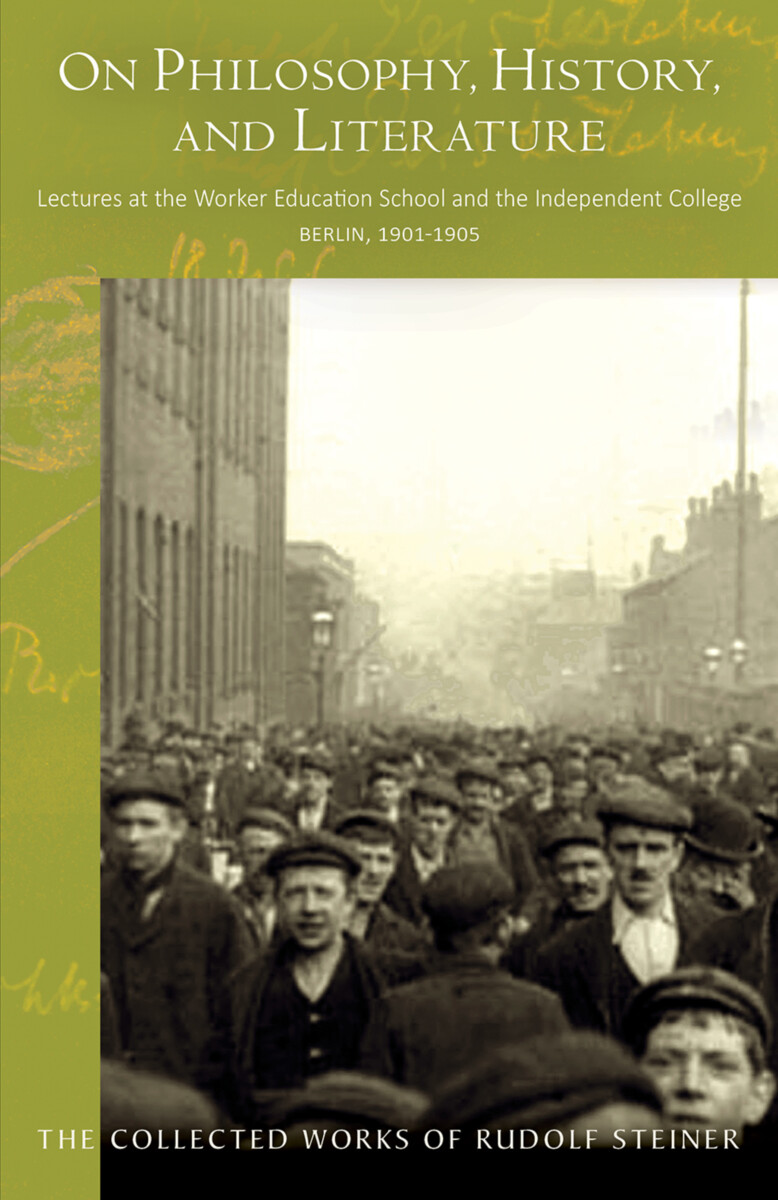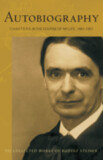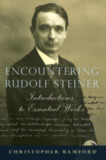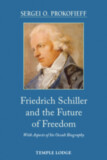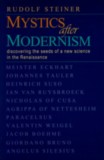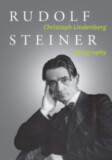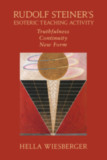On Philosophy, History, and Literature
Lectures at the Worker Education School and the Independent College, Berlin, 1901–1905 (CW 51)
- Publisher
SteinerBooks - Published
16th January - ISBN 9781621483212
- Language English
- Pages 348 pp.
- Size 6" x 9.25"
Author’s summary and summaries of 34 lectures, 1901–1905;
with reports on Rudolf Steiner’s activity in the “Giordano Bruno Association,” 1902 (CW 51)
“Steiner’s approach was at first a surprise for the students, who had been schooled in Marxist thought and tended to view all spiritual matters as ‘byproducts’ of material, economic processes. For them, it was questionable whether the spiritual striving of individual human beings could really be a driving force in history. Steiner knew the soul disposition of his students and the ‘inexpressibly tragic situation’ that the proletariat’s intense desire for knowledge had so far been ‘satisfied only through the grossest form of materialism.’ But the materialistic ideas that had been absorbed by the workers from popular scientific literature and from Marxist writings contained ‘partial truths.’” (introduction)
Wide-ranging, illuminating, and entirely unique in Rudolf Steiner’s Collected Works, this volume consists of lectures given at the Worker Education School and at the Independent College in Berlin (along with a lengthy appendix on Steiner’s activity in the Giordano Bruno Association). Concerning his teaching activities in the Worker School, Steiner later reflected in his autobiography, “I had to find a completely different way of expressing myself than I had become used to until then” (p. 193). This was due largely to his students’ working-class background. Steiner’s new approach involved allowing “idealism to arise from materialism.” The result was the foundation for what he called “historical symptomatology”—that is, the study of the deeper causes behind history through their symptomatic expression in concrete historical events. This volume is therefore an exceptional resource for anyone interested in Steiner’s approach to history.
Steiner’s lectures at the Independent College, which form part two of the volume, are concerned, on the one hand, with the philosophies of the medieval and early modern mystics—forming a companion to his book Mystics after Modernism (CW 7)—and, on the other, with the remarkable figure of Friedrich Schiller. Speaking on the occasion of the centenary of Schiller’s death, Steiner’s lectures are a brilliant homage to the great thinker and dramatist, brimming with insights into this extraordinary individual and the significance of his contributions for our time.
The appendix contains unique documents outlining Steiner’s work in the Giordano Bruno Association for a Unified Worldview. The lively exchange of ideas and Steiner’s unique role within the Association are evident in the selected lectures and discussions.
This book is a must-read for both long-time students of Steiner’s work and newcomers seeking a fresh, enlivened, and enlivening approach to philosophy, history, and literature.
On Philosophy, History, and Literature is a translation from German of Über Philosophie, Geschichte, und Literatur. Darstellungen an der Arbeiterbildungsschule und der Freien Hochschule in Berlin, Zusammenstellung edition, Rudolf Steiner Verlag, Dornach, 1983 (GA 51).
Rudolf Steiner
Rudolf Steiner (b. Rudolf Joseph Lorenz Steiner, 1861–1925) was born in the small village of Kraljevec, Austro-Hungarian Empire (now in Croatia), where he grew up. As a young man, he lived in Weimar and Berlin, where he became a well-published scientific, literary, and philosophical scholar, known especially for his work with Goethe’s scientific writings. Steiner termed his spiritual philosophy anthroposophy, meaning “wisdom of the human being.” As an exceptionally developed seer, he based his work on direct knowledge and perception of spiritual dimensions. He initiated a modern, universal “spiritual science” that is accessible to anyone willing to exercise clear and unbiased thinking. From his spiritual investigations, Steiner provided suggestions for the renewal of numerous activities, including education (general and for special needs), agriculture, medicine, economics, architecture, science, philosophy, Christianity, and the arts. There are currently thousands of schools, clinics, farms, and initiatives in other fields that involve practical work based on the principles Steiner developed. His many published works feature his research into the spiritual nature of human beings, the evolution of the world and humanity, and methods for personal development. He wrote some thirty books and delivered more than six thousand lectures throughout much of Europe. In 1924, Steiner founded the General Anthroposophical Society, which today has branches around the world.


